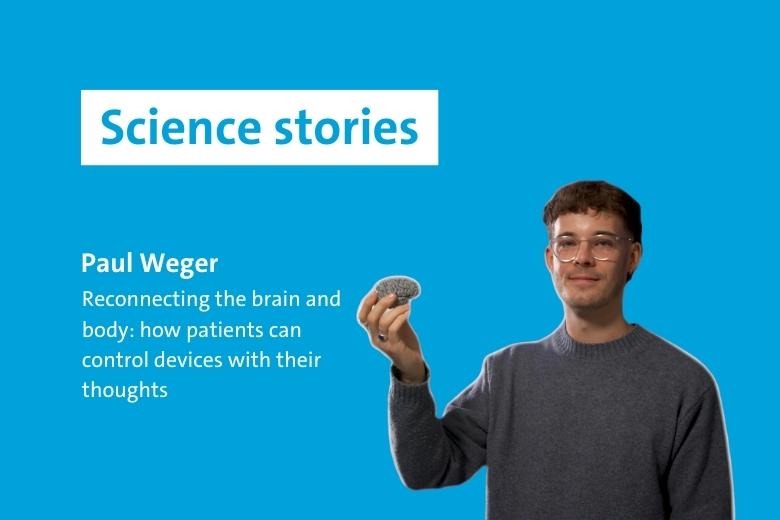The role of the European Union during (and after) the Corona crisis
Anyone who has studied European Union (EU) health law will remember learning, “EU health competence is predominantly in public health” and “health in all policies”. In this COVID-19 period then, it seems surprising that the EU feels remote and not at the forefront of the response. Why is that?
1) Member States’ responsibility for delivering healthcare.
For a public health response, there has to be an infrastructure through which to respond. Health interventions, throughout the Treaties and legislation of the EU, are (almost exclusively) about the EU encouraging and supporting the infrastructures of the Member States, and certainly not about creating centralised EU health services. The EU’s competence to act in relation to public health does not extend to interventions in the internal organisation of Member States’ domestic healthcare systems (Article 168 TFEU). The responsibility for the delivery of health care in the EU rests firmly with the Member States (Article 168.7 TFEU). Each Member State retains control the political environment of its domestic healthcare system; each system is the reflection of political choices about individual and solidaristic responsibilities within the local culture of the Member State. Further, the Member States reserve a right to step away from the harmonising principles of the EU to safeguard the public interests of their own citizens in emergency (Article 36 - TFEU). So, the Member States have the mechanics and power to address the frontline response; the EU has a supportive role. Consequently, even in the case of the the European Centre of Disease Prevention and Control its mandate is limited to helping to facilitate the necessary exchange of health information and scientific advice, leaving the active outbreak control and management with the respective Member States.
2) But don’t we have European patient rights? To a certain extent, yes. The Council of Europe Oviedo Convention outlines the set of patient rights to be expected within Europe (the 47 Council of Europe States - and the EU’s 27 Member States are themselves members). However, the Convention is not binding on its States; many have not signed and/or ratified the Convention. In any case the Convention states that restrictions can be placed on its human rights provisions “for the protection of public health” (Article 26.1).
We have the Charter of Fundamental Rights of the European Union. However, that instrument is limited on rights to standards in healthcare. Indeed, it is more likely that Charter rights in play in relation to COVID-19 relate to privacy and data protection rather than distinct rights to equal standards of, or access to, healthcare for all EU citizens. And in relation to these rights, the right to process data and the right to privacy are also limited by the requirements of the public interest (crucial in these difficult times).
The EU’s internal market and the free movement of people, goods, services, and capital (Article 26 TFEU) have a limited effect. The general right to free movement is restricted in the face of pandemic emergency. The rights to gain access to health markets in other Member States (perhaps on-line at this time) are ordinarily limited to those who can pay for the services themselves or to the extent of what they have purchased from their health insurer, with the restriction that a Member State can refuse either to reimburse or grant access where cross-border healthcare will interfere with the effective provision of the Member State’s healthcare system.
3) Is public health just about health frontline delivery?
One clear area where the EU has impact is in clinical trials regulation. This harmonisation can address the problems of fast-tracking drug responses. The EU has been working to maintain the economic markets, and perhaps this is the major Public Health work that it can contribute at this stage. The EU regulates procurement, ensuring competition across the Union. These have great impact on the ordering of healthcare across the EU, and one response to COVID-19 has been to revise the procurement rules. Further, there is a mechanism for procurement in this situation that allows assistance between Member States. And measures have been taken to attempt to shield the EU economy so that it is not irrevocably damaged by the crisis.
4) The future?
It is not the purpose of the EU to organise the frontline Covid-19 response. The role of the EU will be in how we emerge after the storm. Member States will have to face debt, rebuilding businesses and employment that has collapsed, and restoring civil life and democracy after the imposition of severe limits on freedom and government. The question is, how will we – citizens, Member States and EU – be willing to commit, again, to restructuring Europe?
What are the values, strengths and weaknesses that COVID-19 has exposed? Is our collective support sufficient? Are our fundamental rights fundamental enough to withstand not only the storm, but the temptation of executives and governments (and employers and markets) to prolong the state of exception? Can we take time to rethink who we are and what we wish to be?
By: The FHML Health Law Group: David Townend, Thomas Krafft, David Shaw, Lisette Bongers, Birgit Wouters, Nina Stahl, Remco van de Pas (Research Line Health Inequities and Societal Participation).
Also read
-
Green school playgrounds boost concentration and wellbeing
Children at schools with green playgrounds are better able to concentrate and display more social behaviour. This is the conclusion of a follow-up study within the long-running project The Healthy Primary School of the Future .
-
Reconnecting the brain and body: how to control devices with your thoughts
Can you control a robotic arm with your thoughts? Paul Weger (MHeNs) studies this to give back independence to patients with neurological conditions.
-
Ron Heeren appointed fellow of the Netherlands Academy of Engineering
Professor Ron Heeren, distinguished university professor at Maastricht University (UM) and director of the Maastricht MultiModal Molecular Imaging Institute (M4i), was appointed as a fellow of the Netherlands Academy of Engineering (NAE) on Thursday 11 December.